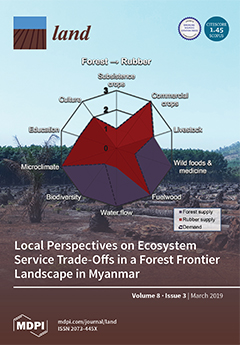Resource information
Abu Dhabi, the capital city of the United Arab Emirates (UAE), is one of the pioneering cities in the Middle East and North Africa (MENA) region that have recently prepared urban sustainability agendas for their cities. Nonetheless, the recently developed urban neighborhoods in Abu Dhabi mostly rely on Land Use planning and their urban forms are still missing essential sustainability qualities. The Form-Based Code (FBC), a sustainable planning tool that helps realize sustainable urban forms, is suggested in this research as an alternative for the conventional Land Use planning currently applied for new urban neighborhoods in Abu Dhabi. The research adopted a method for ‘localizing’ the global tenets and initiation processes of FBCs that outfit the local urban conditions. The investigation of the locally applied form-related regulations and guidelines revealed that they could be transformed into a localized FBC, but still lack some essential components of the FBC’s principles while the community involvement in initiating them was fairly limited. The research examined the applicability of this localized FBC model through interviewing the concerned stakeholders to identify the challenges that might face the adoption of it. The research concluded with recommending a set of actions for implementing the model in Abu Dhabi and other cities sharing similar urban circumstances.


